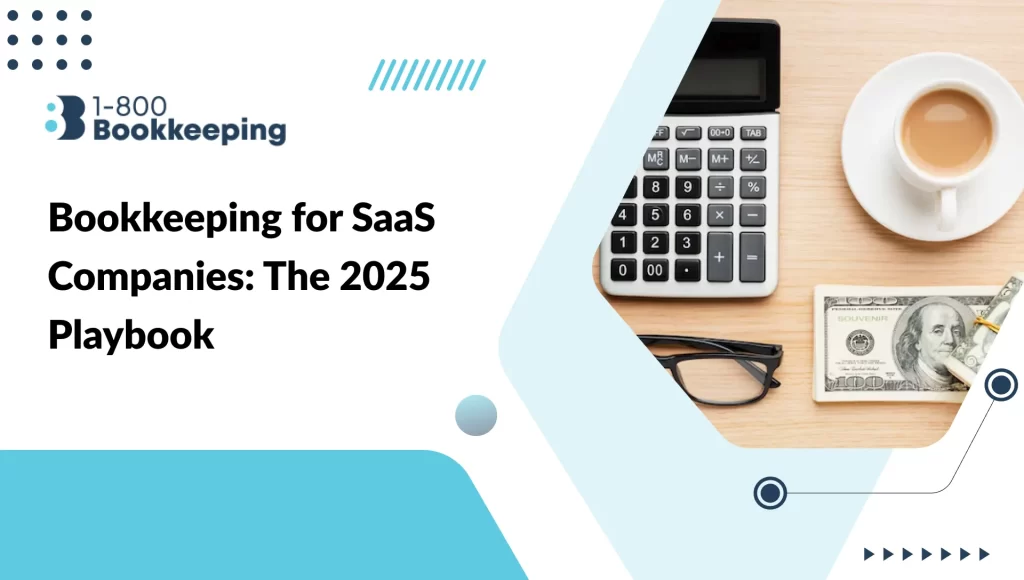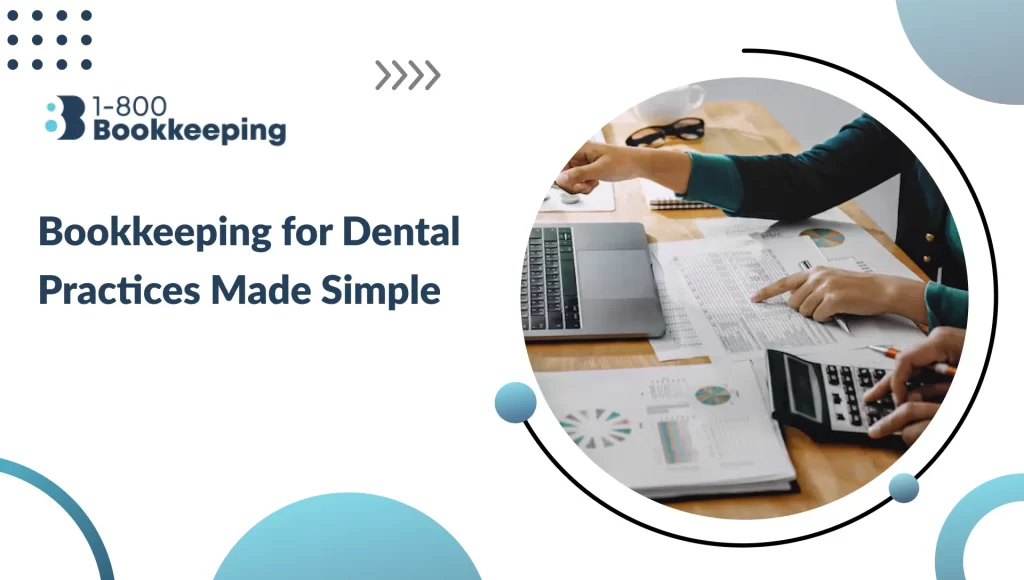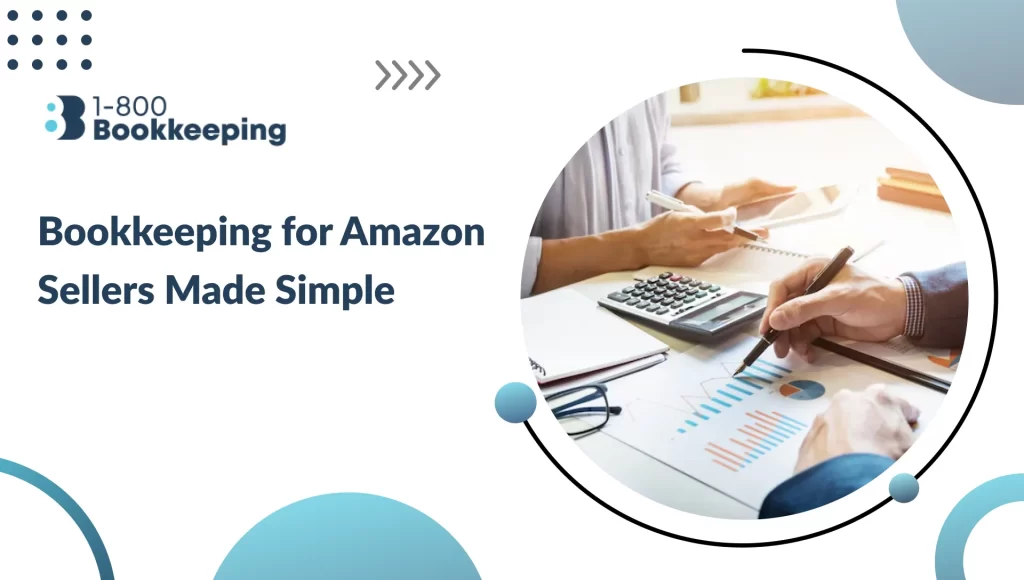Cost control measures are essential for maintaining small businesses’ profitability and financial health. Small business owners can effectively manage expenses and ensure their operations remain sustainable and competitive. Understanding and implementing cost control measures can help them optimize resources, reduce unnecessary expenditures, and enhance efficiency. Proper cost management can make the difference between a thriving business and one that struggles to stay afloat.
Overview of Cost Control Measures
Cost control measures involve identifying, monitoring, and strategizing expenses in such a way as to reduce business expenses. These measures encompass a range of practices designed to optimize resource utilization, minimize waste, and improve overall financial efficiency. This includes setting financial benchmarks, analyzing expense patterns, and adopting innovative solutions such as automation and outsourcing to balance cost reduction and quality. A well-defined cost control strategy ensures that every dollar spent contributes to the business’s profitability and long-term sustainability.
Implementing Cost Control Measures: Partnering with 1800Bookkeeping for Expert Financial Management
Cost control measures are vital for maintaining a healthy financial state, but managing these processes can be challenging for small businesses. At 1800Bookkeeping, we understand that cost control is more than just cutting expenses; it’s about strategic financial management and long-term growth. Our services include:
- Expert Bookkeeping Services: We provide comprehensive bookkeeping services, ensuring all expenses are accurately recorded and analyzed. This offers you a clear picture of your financial health.
- Financial Reporting: Receive detailed financial reports highlighting areas where cost control measures can be effectively applied, enabling you to make informed decisions.
- Tax Preparation and Compliance: Our expert team ensures tax efficiency and compliance, helping you avoid unnecessary penalties and expenses.
- Automation and Technology: Leverage our advanced accounting software to automate expense tracking and streamline financial management processes, saving you time and reducing errors.
By partnering with 1800Bookkeeping, you can focus on your core business operations while we handle the financial intricacies. Contact us for a complimentary consultation today and take the first step towards a more financially sound business.
Assessing Current Expenses
Before taking measures for effective cost control, it is crucial to clearly understand your current expenses. This involves thoroughly analyzing where your money is going and identifying areas where costs can be cut.
Conducting an Expense Audit
Start with a comprehensive expense audit. Gather all financial statements, invoices, and receipts for a complete view of your spending. This detailed review helps identify every expense incurred by the business and provides a foundation for developing cost control strategies.
Categorizing Fixed vs. Variable Costs
Once you have gathered the data, categorize your expenses into fixed costs (such as rent, salaries, and insurance) and variable costs (such as utilities, inventory, and shipping). This categorization helps identify which areas are more flexible for cost reductions. Fixed costs are generally more challenging to reduce, while variable expenses offer more opportunities for savings.
Identifying Unnecessary Expenditures
Scrutinize each category to identify unnecessary expenditures. Are there subscriptions or services you no longer need? Are there areas where spending has exceeded reasonable limits? Eliminating these can immediately impact your bottom line. Look for redundant expenses or costs that do not directly contribute to your business’s profitability.
Setting Financial Goals
Setting clear financial objectives is crucial in aligning your cost control measures with your business goals. Financial goals provide direction and a benchmark against which you can measure your progress.
Defining Short-Term and Long-Term Financial Goals
Define what you want to achieve in the short and long term. For example, a short-term goal might be reducing monthly expenses by 10%, while long-term goals might include expanding your product line or opening a new store. Clear, measurable goals make developing and implementing effective cost-control measures easier.
Aligning Cost Control Measures with Business Objectives
Ensure that the cost control measures you implement to support these financial goals. For instance, if your long-term goal is expansion, your cost control strategy should include saving enough initial capital. Aligning your strategies with your objectives ensures that your actions contribute to your overall business vision.
Monitoring Progress Regularly
Review your financial performance regularly to ensure you’re on track to meet your goals. Adjust your strategies as needed to stay aligned with your objectives. Regular monitoring allows you to make timely adjustments and maintain effective cost-control measures.
Budgeting Techniques for Cost Control
Effective budgeting is a cornerstone of business expense management. A well-planned budget provides a roadmap for financial decision-making and helps control spending.
Creating a Detailed Budget
A detailed budget acts as a financial roadmap. Outline all expected revenue and expenses for the upcoming period, ideally breaking them into monthly segments. This level of detail helps you anticipate financial needs and manage resources efficiently.
Utilizing Zero-Based Budgeting
Zero-based budgeting requires you to justify every expense, starting from zero each period. It’s a robust approach for scrutinizing costs and ensuring every spending is necessary. This method encourages a critical review of expenses and helps eliminate wasteful spending.
Implementing the 50/30/20 Rule
This rule allocates 50% of your budget to essential expenses, 30% to discretionary spending, and 20% to savings or debt repayment. It provides a balanced approach to managing business expenses while promoting savings. Adopting this rule can help maintain financial stability and allocate funds wisely.
Streamlining Operational Processes
Operational efficiency can significantly reduce costs. By streamlining processes, businesses can save time and money and improve productivity.
Automating Repetitive Tasks
Invest in automation tools to handle repetitive tasks like invoicing, payroll, and customer follow-ups. Automation in bookkeeping, for example, can save time and reduce errors. These tools can free up valuable time and resources, allowing you to focus on core business activities.
Outsourcing Non-Core Activities
Consider outsourcing non-core activities such as IT support, digital marketing, or customer service. This allows you to focus on core business activities and often reduces costs. Outsourcing can provide access to specialized skills and services without the overhead of maintaining full-time staff.
Adopting Lean Management Practices
Lean management focuses on delivering maximum value with minimal waste. Implement lean practices like continuous improvement (Kaizen) to streamline operations and reduce costs. By continuously evaluating and improving processes, businesses can enhance efficiency and cut unnecessary expenses.
Negotiating with Suppliers
Negotiating better terms with suppliers can result in substantial savings. Building solid relationships and seeking competitive pricing can positively impact your bottom line.
Building Strong Supplier Relationships
Strong relationships with suppliers can lead to better deals and more favorable payment terms. Regular communication and timely payments can foster goodwill. A good relationship can also provide opportunities for collaboration and mutual growth.
Seeking Bulk Purchase Discounts
Purchasing in bulk often comes with discounts. If feasible, combine orders to take advantage of these savings. Bulk purchasing can reduce per-unit costs and contribute to overall expense reduction.
Exploring Alternative Suppliers for Competitive Pricing
Don’t hesitate to explore alternative suppliers who might offer more competitive pricing. Multiple quotes can give you a better bargaining position, and comparing suppliers ensures you are getting the best value for your money.
Utilizing Technology for Cost Control
Technology can play a critical role in managing and reducing expenses. Using the right tools can streamline operations and provide valuable financial insights.
Accounting and Expense Management Software
Software solutions like QuickBooks or FreshBooks can automate and streamline your accounting processes, making business expense management more efficient. These tools provide real-time financial data, helping you make informed decisions.
Using Project Management Tools to Track Costs
Project management tools like Trello or Asana can help you monitor project-related costs and ensure they stay within budget. These tools facilitate better planning and resource allocation, contributing to cost control.
Leveraging Data Analytics for Financial Insights
Data analytics tools can provide insights into spending patterns and financial performance, enabling more informed decision-making. By analyzing data, businesses can identify trends and opportunities for cost savings.
Monitoring and Reviewing Cost Control Measures
Regular monitoring ensures that your cost control measures remain effective. Continuous review and adjustment are essential for sustained financial health.
Regularly Reviewing Financial Statements
Review your financial statements regularly to monitor your financial health and ensure everything is on track. Regular reviews help identify any discrepancies or areas that need attention.
Adjusting Strategies Based on Performance
If your current strategies aren’t delivering the expected results, be ready to adjust them. Flexibility is key to effective cost control. Being open to change allows you to adapt to new challenges and opportunities.
Engaging Professional Bookkeeping Services for Expert Advice
Professional bookkeeping services can provide expert advice and insights that help you fine-tune your cost-control measures. Their expertise can guide you in making better financial decisions and optimizing your cost control strategies.
Conclusion
Effective cost control measures can significantly enhance small businesses’ profitability and financial health. Small business owners can achieve sustainable growth by assessing current expenses, setting clear financial goals, budgeting, and continuously monitoring performance. The key is to view cost control not as a one-time effort but as an ongoing part of business management.
By integrating these comprehensive strategies for cost control, small businesses can navigate the complex landscape of expenses and emerge with a robust financial foundation. Whether through implementing technology, negotiating with suppliers, or regularly reviewing financial performance, the steps outlined in this guide provide actionable measures for any small business aiming to improve its financial health.
Feeling Overwhelmed by Bookkeeping? We Can Help.
Running a business is demanding, and keeping track of your finances can be a never-ending chore. Many business owners need help with the complexities of bookkeeping, which can leave them frustrated and behind.
1800 Bookkeeping offers expert services to streamline your financial processes and empower you to make informed decisions.
Our team of seasoned professionals understands the unique challenges businesses of all sizes face. We can help you:
- Free Up Valuable Time: Offload your bookkeeping tasks to our dedicated professionals.
- Gain Peace of Mind: Ensure your financial records are accurate and up-to-date.
- Make Smarter Decisions: Get actionable insights into your business performance through clear and concise reports.
- Feel Confident: Make informed financial decisions based on reliable data.
Don’t let bookkeeping hold you back from achieving your business goals. Contact 1800 Bookkeeping today for affordable bookkeeping solutions.
FAQs:
1. Why is cost control important for small businesses?
Cost control is crucial for small businesses as it helps maintain profitability, ensures financial health, and allows for sustainable growth. By managing expenses effectively, businesses can optimize resources and reduce unnecessary expenditures.
2. What is an expense audit, and why is it necessary?
An expense audit involves a comprehensive review of all financial statements, invoices, and receipts to obtain a complete view of spending. This is necessary to identify areas where costs can be cut and ensure accurate financial records.
3. How can 1800Bookkeeping help with financial reporting?
1800Bookkeeping provides detailed financial reports highlighting areas where cost control measures can be applied. These reports help businesses make informed decisions about their financial management.
4. What are some examples of fixed and variable costs?
Fixed costs include expenses like rent, salaries, and insurance, which remain constant regardless of business activity. Variable costs include expenses like utilities, inventory, and shipping, which fluctuate based on business operations.
5. How does automation aid in cost control?
Automation aids in cost control by handling repetitive tasks such as invoicing, payroll, and expense tracking. This saves time, reduces errors, and allows businesses to focus on core activities and strategic planning.





